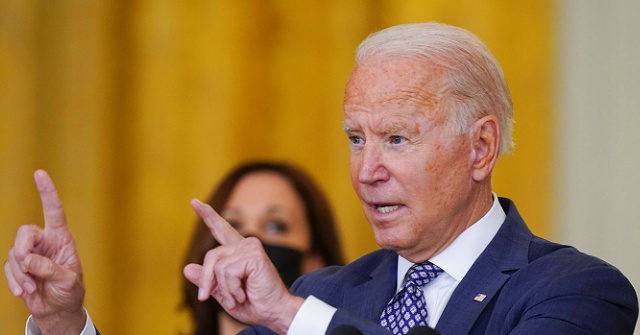The Biden-Harris administration is reportedly considering an arms embargo against Israel due to humanitarian concerns arising from the ongoing conflict in Gaza, where hostages held by Hamas complicate the situation. This information emerged from a leaked letter from U.S. Secretary of Defense Lloyd Austin to Israeli Minister of Defense Yoav Gallant. The letter expresses the U.S. government’s dissatisfaction with the situation in Gaza, indicating a potential withholding of military support should conditions worsen, primarily citing humanitarian grounds as the core reason for this potential action.
In the correspondence, Austin makes assertions about Israel allegedly blocking aid to Gaza, while Israel contends it is actively expanding humanitarian efforts. The letter calls on Israel to increase aid to Gaza and lift the perceived isolation of northern Gaza, a region heavily affected by Israeli military operations aimed at dismantling Hamas’ operational capabilities. It also underscores the U.S. government’s support for the United Nations Relief and Works Agency (UNRWA) despite acknowledging its controversial links to terror activities tied to the Hamas attack in early October that escalated the conflict.
Austin’s letter implicitly pressures Israel to reconsider its military approach, placing an emphasis on civilian safety and humanitarian outcomes. Notably, the letter does not mention the plight of hostages held by Hamas, thereby implying a one-sided accountability concerning civilian harm amidst the violence. The document sets a 30-day compliance timeline for Israel to meet its demands, framing the expectations in a manner that implies far-reaching consequences for U.S. military assistance should compliance not be forthcoming.
Furthermore, the letter references National Security Memorandum-20 (NSM-20), which requires recipients of U.S. military aid to adhere to certain human rights standards. This raises concerns about potential U.S. arms sales being subjected to stringent reviews based on Israel’s actions, which are scrutinized by a State Department perceived by some as harboring biases against Israel. This dynamic highlights the complexities in U.S.-Israel relations, especially during times of conflict when human rights and military strategy intersect.
The political implications are further amplified by progressive voices within the Democratic Party, with some members openly calling for an arms embargo against Israel amid the crisis. For instance, Vice President Kamala Harris previously indicated an openness to such discussions with pro-Palestinian activists, showcasing a divide within the party regarding U.S. policy in the Middle East. The disclosure of Austin’s letter has heightened tensions, representing internal pressures on the Biden administration while also igniting the longstanding debate over U.S. military support for Israel amidst humanitarian crises.
In response to the fallout from the leaked letter, Pentagon officials have attempted to clarify that the communication was meant to be private, thus seeking to downplay the implications of its disclosure. The evolving narratives on managing aid and military support in the face of escalating humanitarian needs in Gaza illustrate the intricate and often contentious landscape that U.S. foreign policy navigates. As the administration grapples with balancing strategic alliances and humanitarian considerations, the outcomes of this situation could redefine long-held perceptions of U.S.-Israel relations and impact broader geopolitical dynamics in the region.

